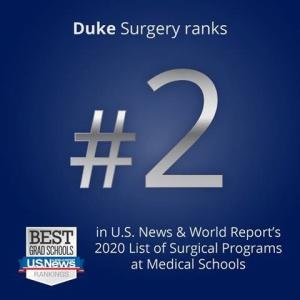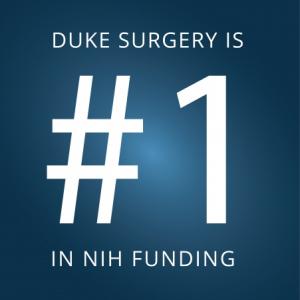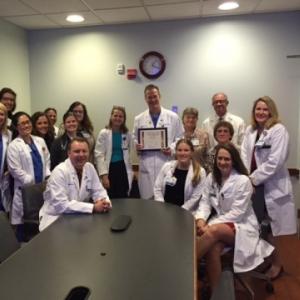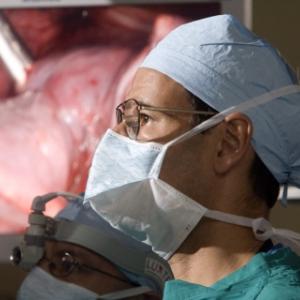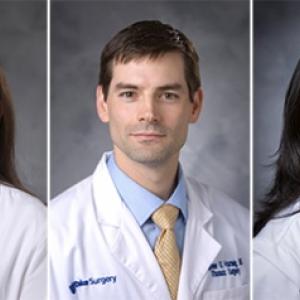Duke Surgery Ranks 2nd Among Surgery Programs at Medical Schools
Duke Surgery Ranks First Nationwide in NIH Funding
Nature vs. Nurture: Transforming Medicine with Gene Therapy
Dynamic Equilibrium: Finding Balance for the Surgeon–Scientist
Jeffrey Gaca, MD, Receives Strength, Hope, and Caring Award
Teaching Innovative Thoracic Surgery in China
Duke SCORES Announces Scholars Awards
Surgical Center for Outcomes Research (SCORES) Scholars Awards were established by the Duke Department of Surgery in 2016 to foster new collaborations around surgical health services research. After a rigorous peer review selection process, we are pleased to announce that the 2017 SCORES Scholars Award recipients are:
Dawn Bowles, PhD, Receives Grant to Expand Duke Human Heart Repository
The Duke Human Heart Repository has been a resource for cardiovascular research scientists at Duke University since 2004, and with a new grant, the facility will be able to expand its capabilities.
Duke Surgeon Receives Department of Defense Grant to Study Mesothelioma in Military Service Members
David Harpole Jr., MD, Professor, Division of Cardiovascular and Thoracic Surgery, has received a $1.5 million grant from the Department of Defense for research on a link between military service and the development of mesothelioma cancer. Out of the estimated 3,000 mesothelioma diagnoses in the United States each year, nearly a third of these patients have military experience. This study will help to determine why.
